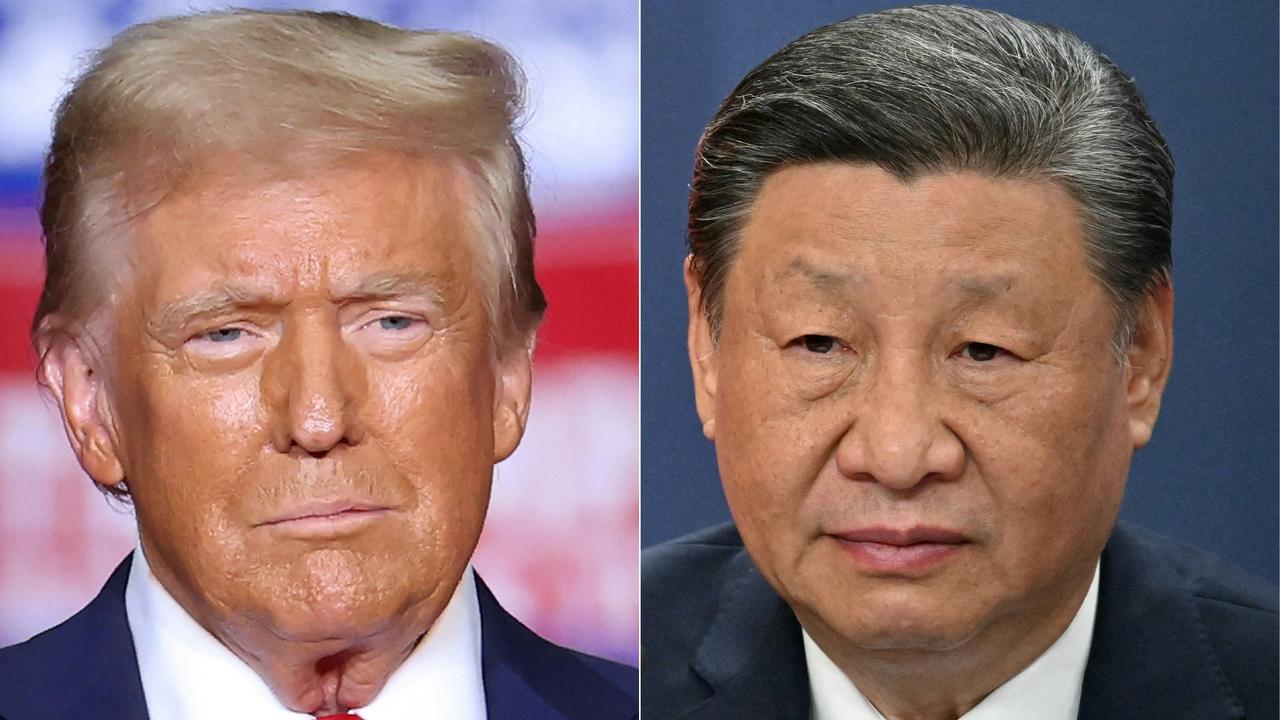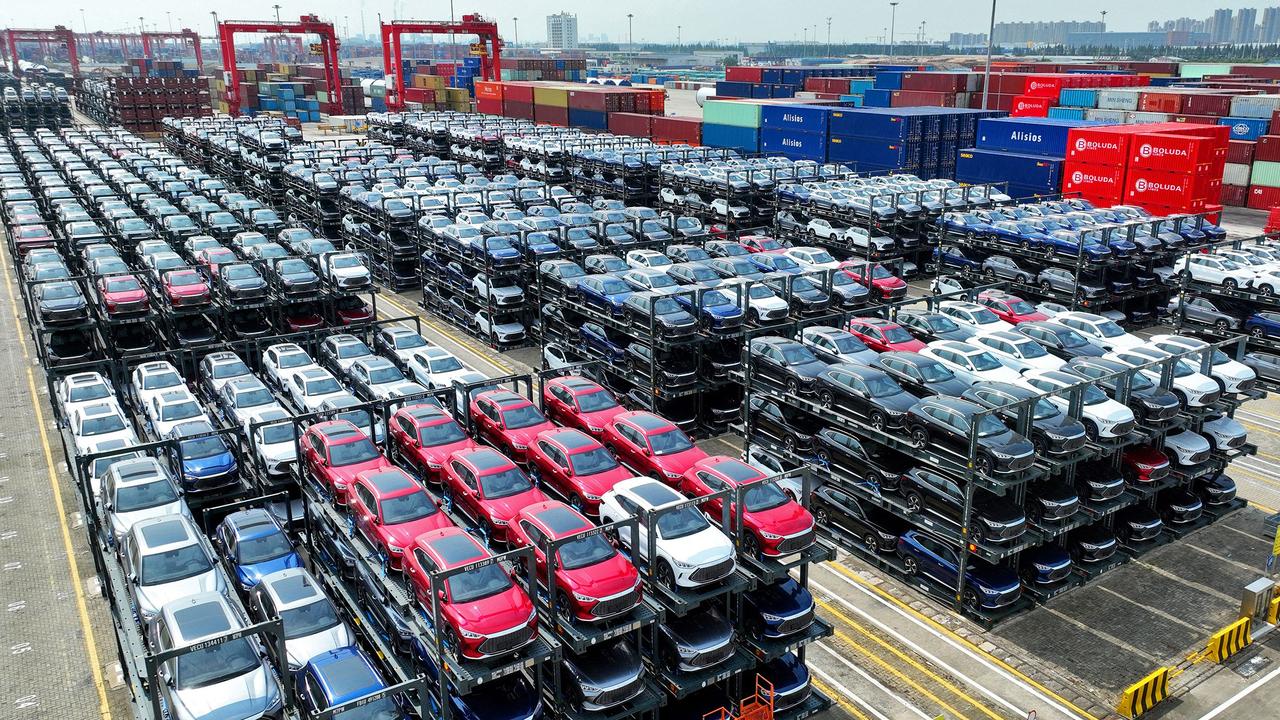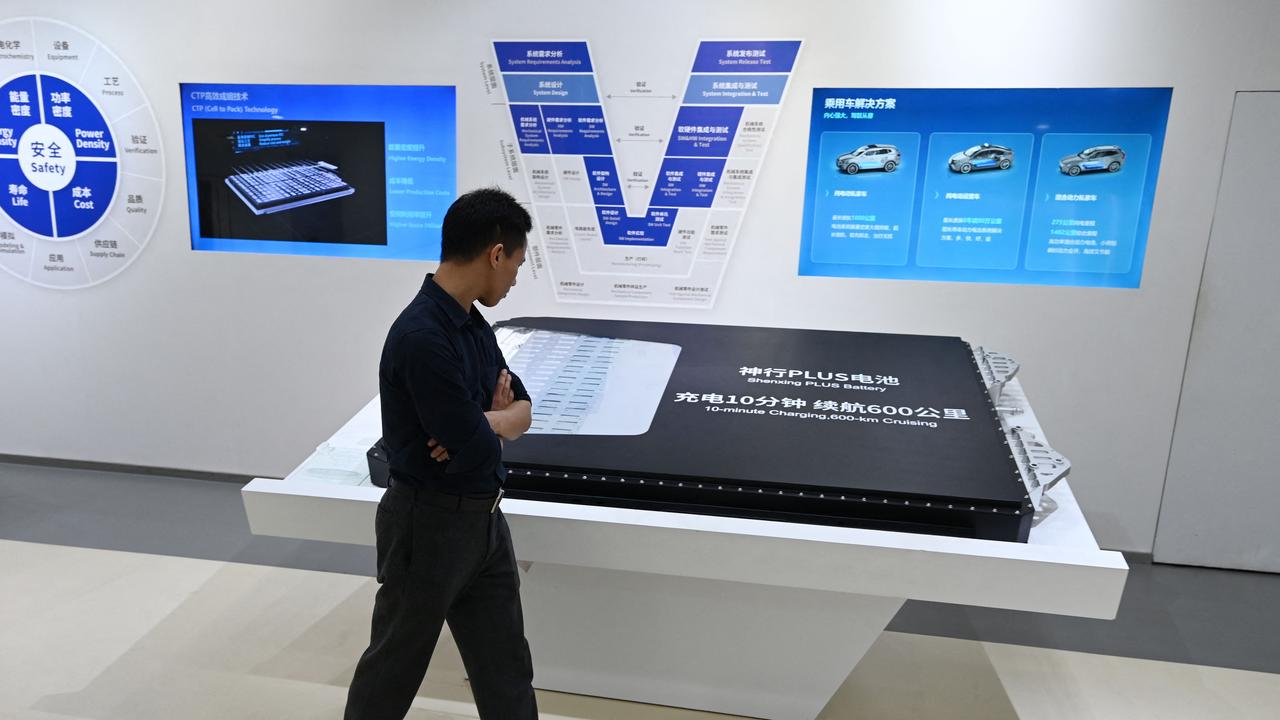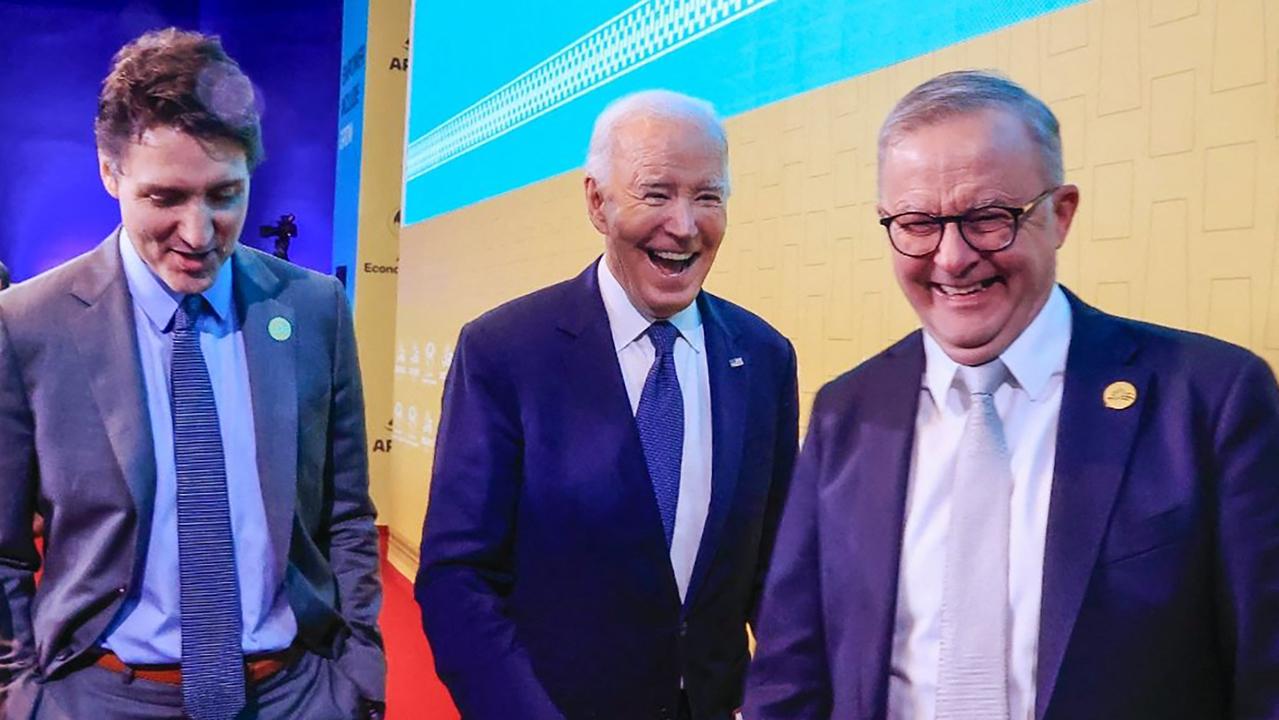Chinese media accuse US of ‘initiating tech war’ amid global economic tensions
Chinese media has accused the a US of “paranoia” and forgetting what “healthy competition truly looks like” amid trade tensions.
One of China’s biggest newspapers has fired a broadside at the US, seizing on comments from Microsoft’s boss who warned underestimating the Asian nation’s technological prowess was a “danger”.
In an editorial The Global Times, branded “China’s Fox News” due to its nationalist approach, said the remarks from Brad Smith last week symbolised a “sense of crisis in the US”.
“I think one of the dangers, frankly, is that people who don’t go to China too often assume that they’re behind,” Mr Smith told CNBC.
Microsoft president Mr Smith said that “in many ways” China was close to catching, or had caught, up to the west’s technology offerings.
State-owned tabloid the Times has accused the US of “turning (to) trade protectionism and tech blockades” instead of embracing competition, amid the prospect of Donald Trump’s promise to introduce tariffs on Chinese goods.

Outgoing President Joe Biden’s administration this year also proposed banning Chinese-made EVs and other technologies citing the prospect of devices being weaponised to spy on or harm Americans.
“In an extreme situation, foreign adversaries could shut down or take control of all their vehicles operating in the United States all at the same time,” Commerce Secretary Gina Raimondo said in September.

The Global Times is owned by the Chinese Communist Party, although it is believed to be less representative of the government’s official political positions than its sister publication the People’s Daily.
It is considered part of the nation’s propaganda apparatus, alongside other state-owned outlets.
In its editorial, published on Friday, the Times posited that the US had “initiated a tech war” and quoted an academic as saying America had “repeatedly smeared China” by painting its technological achievements as “stolen”.
It said the US had “spared no effort in curbing China’s high-tech industry through approaches like export restrictions, and sanctions”.

“Yet amid escalating tech blockades, China has made rapid breakthroughs in chip technology, built the world’s largest 5G network with the most advanced technologies, and the power battery technologies independently developed by companies such as BYD and CATL are leading the world,” it wrote.
The outlet went on to accuse the US of forgetting “what healthy competition truly looks like”, while China welcomed opportunities like opening Tesla’s first overseas factory in 2019.
“The problem is that the sense of crisis, as expressed by Smith, has not been channelled into motivating the US to engage in healthy competition. Instead, it has only intensified the tech war,” it said.
“What most American elites feel about China is no longer just a sense of crisis, but paranoia – the more technological progress China makes, the more ‘dangerous’ it is perceived to be.
“However, blocking China’s progress cannot restore the US’ own advantage, and tech wars won’t halt China’s advancement.”

Mr Trump’s “America first” agenda has caused economic concerns for the world, with his plans for a 60 per cent tariff on China predicted to gave flow-on effects to other nations – like Australia.
William Matthews, a senior research fellow at Chatham House, wrote this week that a more insular foreign policy position in the US could also create a “vacuum” for Beijing to fill.
“China will hope it is granted greater space to establish a global leadership role, and shape an increasingly multipolar world in its own interests,” he wrote.
“A disengaged US administration could well allow Beijing’s ‘civilisational’ values discourse to become the go-to framing of international diplomacy, especially with increased Chinese influence at the UN.”
Mr Matthews wrote that if Mr Trump’s administration refuses to engage in international climate cooperations, as his energy policies might suggest, that would also leave China as the “go-to” in that field.
“Its advanced technical capability, combined with its status as a key development and technology partner across the Global South, means the rest of the world will become increasingly dependent on China for green tech supply chains,” he said.

The Times’ piece was not the only one published in Chinese media this week offering some penetrating advice to the US – and to Australia.
China Daily also published an editorial stating “autonomy” was in Australia’s best interests in a time of “unprecedented geopolitical complexity and uncertainty”.
It said Australia, and its leader Anthony Albanese, “might offer some useful reference” for nations struggling to strike a balance between trade interests with China and alliances with the US.
“Australia’s ties with China deteriorated when the previous Australian government fell under Washington’s anti-China spell,” it wrote.
“But Canberra has woken up to the significance of those ties under the Albanese government and set out repairing them.”
Mr Albanese recently told the ABC there had been “major breakthroughs” in Australia’s trade relationship with China, although he still holds reservations on issues like the Asian superpower’s record on human rights.
“And we’ll put those positions strongly, clearly and directly to China,” he said.
“And I think that’s the way that you build a relationship though, is to have that, those straight talks and I believe Australia’s in a position to do so.”





